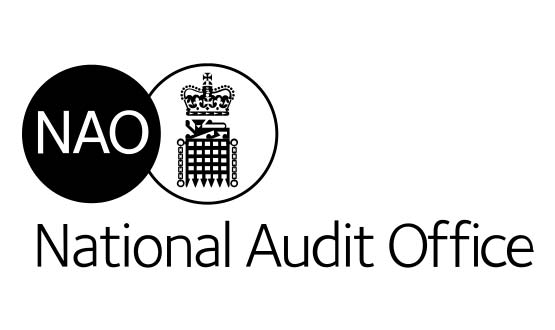The National Audit Office has raised questions about whether the government’s drive to integrate health and social care will save money and improve services.
In a report on ‘Adult Social Care in England’, issued this morning, the NAO says pressures on the care system are severe and increasing.
Councils are spending less on social care just as demand is rising, particularly among the growing proportion of over-85 year olds in the population.
This is leading councils to restrict what help is available to those with ‘severe’ and ‘critical’ needs, and putting what the NAO warns “may be unsustainable pressure” on carers and acute health services; where they can show up as A&E attendances and delayed discharges.
The watchdog, which reports to the Commons’ public accounts committee, says “national and local government do not know whether the care and health systems can continue to absorb these cumulative pressures, and how long they can carry on doing so.”
It also warns that the mantra of integrated care, which is being supported by a £3.8 billion Better Care Fund, is unproven and may increase pressures in the short term, because £2 billion of this money has been taken from acute budgets.
“Sector stakeholders support the Department of Health’s initiatives to improve outcomes for adults and reduce costs through efficiency measures and transforming services,” the report concludes.
“However, compared with healthcare, evidence is weaker on which ways of commissioning and providing services are the most cost-effective, and this hampers local authorities’ ability to improve care.”
IT is slated to have a role in supporting new integrated care models and new ways of working, with Better Care Fund guidance saying new IT systems should use the NHS Number as the primary patient identifier to join up health and social care information.
In November, the DH also announced that 14 areas had been chosen as ‘integrated care pioneers’ and a significant number of these are setting up shared care records or using technology to provide a single point of contact for service users.
However, an independent evaluation of a previous, large scale, ‘integrated care pilots’ run by the DH, which had similar features, found few benefits in terms of reducing costs or emergency admissions or improving services for patients.
Even if cost-effective models can be found this time around, the NAO notes that nobody knows how long areas will take to implement them, and whether services can be transformed in time to meet the other pressures on them.
PAC chair Margaret Hodge said: “The DH and the Department for Communities and Local Government are changing adult social care provision with no idea whether the changes will actually deliver savings.
“The fact that the departments do not know how much longer the entire system can cope under the mounting pressure makes for a worrying picture.” The PAC will discuss the report with officials on 26 March.

